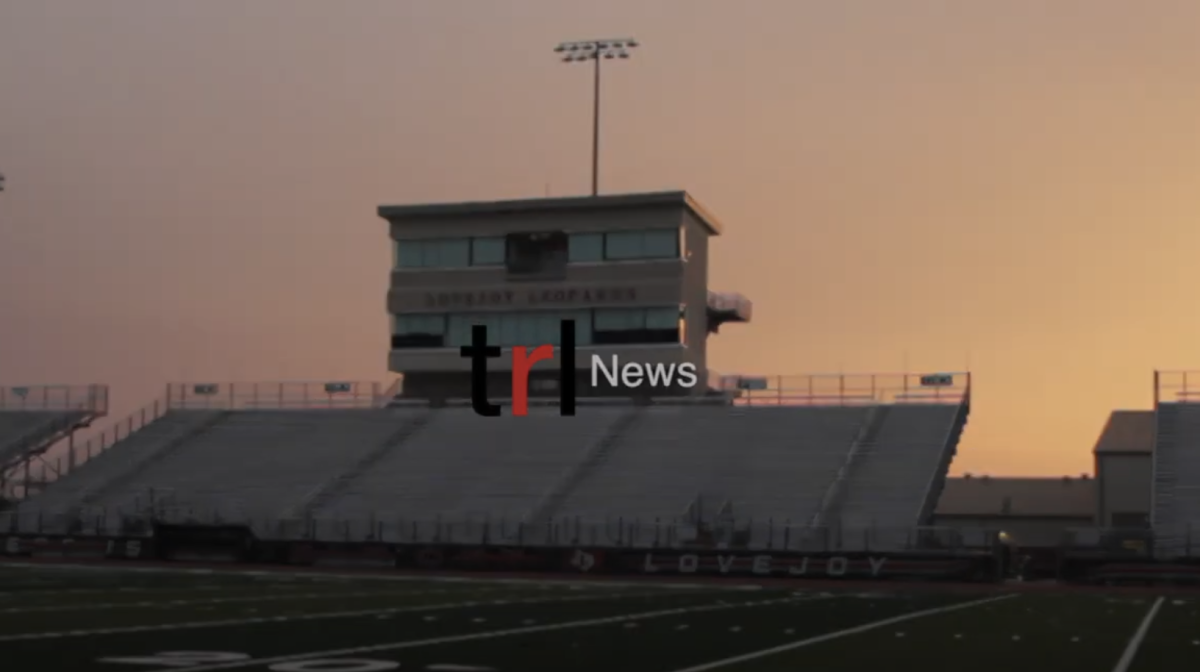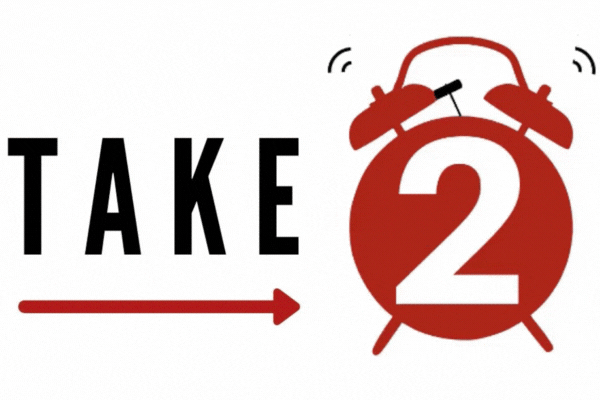With more and more people signing up for social media accounts, questions regarding first amendment protection for all speech continue to arise. However, a recent U.S. Supreme Court case involving 31-year-old Anthony Elonis could provide some answers.
Elonis was charged with breaking a federal law that prevents people from threatening each other after he posted messages on Facebook directed at his estranged wife including one that read: “There’s one way to love you but a thousand ways to kill you. I’m not going to rest until your body is a mess, soaked in blood and dying from all the little cuts.” However, after his conviction, Elonis appealed the decision on the grounds that the conviction violated his First Amendment rights, protecting free speech. The case is currently being reviewed by the U.S. Supreme Court.
But what many young Facebookers, or tweeters fail to understand is that the line can often be blurred when trying to figure out if a post violates federal law.
“Social media is covered under the First Amendment, and you are allowed your right to speech,” AP Government teacher Jeff Roberts said. “The caveat though, is that speech that is threatening, should not be protected. Any threats of death, terrorism, causing harm to another person, vulgarity, or the attempt to start an uprising such as treason, should not be protected.”
Of course there are consequences for posting threatening comments on social media, however, there are also consequences to posting ignorant or ill- informed statements.
“Everything you tweet becomes this blueprint of your identity,” AP Art history teacher Amanda Beller said. “I heard a story the other day about adults who have lost their jobs because of their tweets in relation to civil issues. I know that when people are hired now, or even for college applications, they search your social media accounts. I know there are certain things that I shouldn’t even post about because either I haven’t done enough research or I’m in the heat of the moment. And the things you say when you’re upset can be taken out of context and that’s attached to you forever.”
When there’s a hot button issue buzzing around the Twitter-sphere, Beller has developed a method of research before formulating an opinion on the issue.
“I think the media gives a very skewed perspective,” Beller said. “I know my husband would watch Fox News and then MSNBC and then say it’s somewhere in the middle. I think it’s important to look at both sides of the story, and so it was important for me to look at eye- witness accounts, and other news accounts. Then I would try to see what the most likely information is because the eye- witness will skew things one way potentially. Then the journalism is going to skew it another way for their audience.”
Beller believes it’s important for young adults to explore other avenues of information outside of what they hear from their parents and friends.
“When I was in 5th grade, my mom took me to the polling, and showed me where to mark straight party,” Beller said. “She said you don’t even have to read about the candidates, just mark this. So growing up in a household that is somewhat different than what I believe now, I think you tend to adopt your parents’ view. So it is important to get your information outside of your family and friends.”
As a precaution to looking ignorant on social media, Beller advises a big picture look on divisive social and civil issues.
“Do not get your news from one source,” Beller said. “You can not just follow CNN because they’re going to be so caught up in the shock, or you can’t just follow Fox News because of how conservative they are. Like if it says it’s from liberalamerica.org, or when I see people posting all this stuff from conservativetribune.com, I just ask ‘do you really think you’re getting the big picture?’ Because you’re not. These are people who are paid to figure out ways to make you think a certain way.”




















